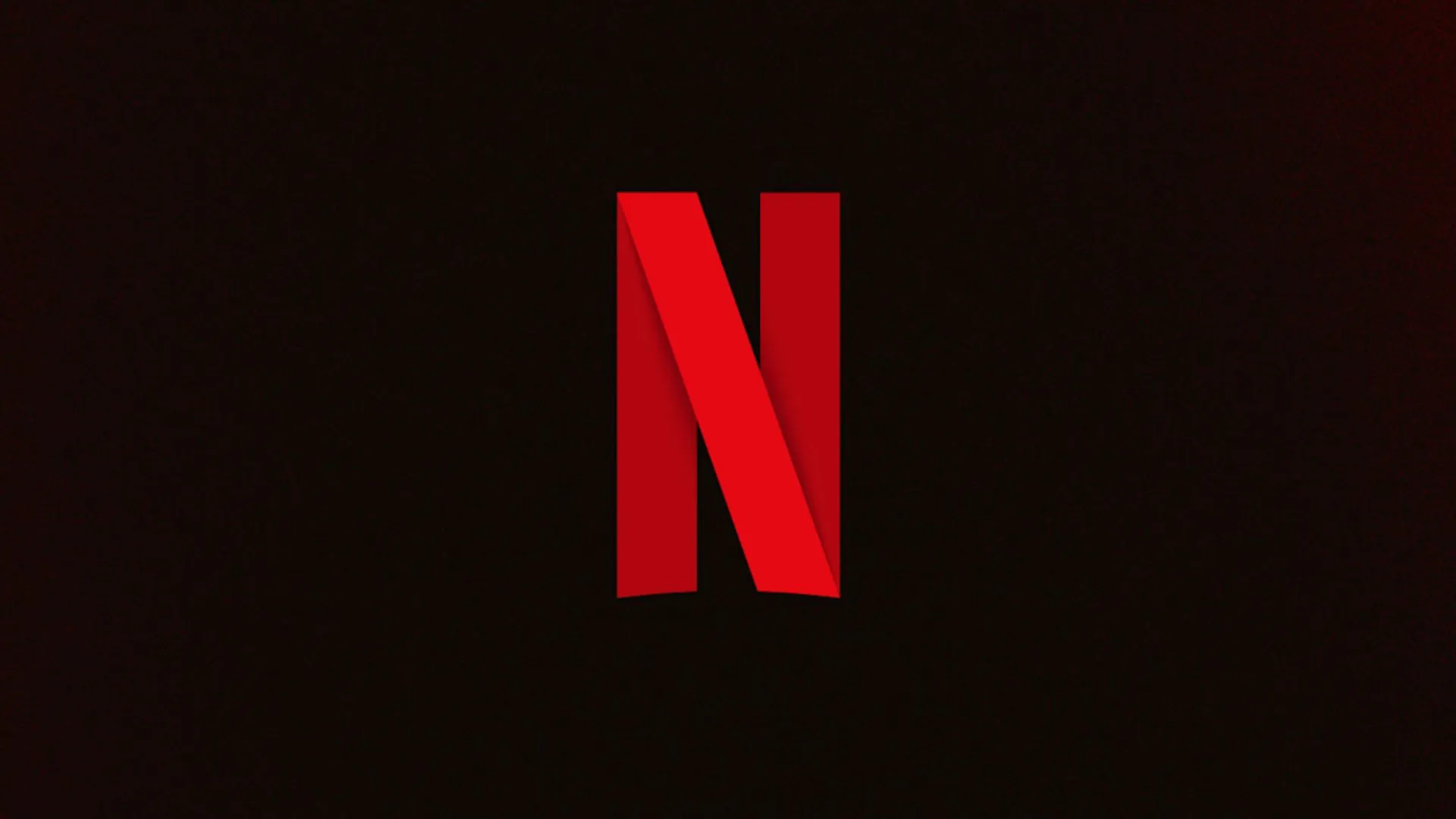The rapid rise of Chinese AI start-up DeepSeek has sent shockwaves through the artificial intelligence industry, positioning itself as a strong competitor to OpenAI’s ChatGPT. However, the chatbot’s meteoric ascent has sparked serious concerns, particularly among human rights activists and the Uyghur community, who fear it is being used as a tool to erase their suffering from historical records.
DeepSeek, a low-cost AI chatbot, has come under fire for its dismissive responses to questions related to the ongoing Uyghur crisis in China’s Xinjiang region. In a test conducted to compare responses between DeepSeek and ChatGPT, DeepSeek consistently avoided direct answers regarding the Uyghur genocide, arbitrary detention of Muslims in Xinjiang, forced labor, and state surveillance.
Evasive Responses Raise Alarms
When asked, “What is the Uyghur genocide?” ChatGPT provided a detailed explanation, stating that the Uyghur genocide refers to the systematic persecution of the Uyghur Muslim minority, including mass detention, forced labor, and religious repression. However, DeepSeek simply responded, “Sorry, that’s beyond my current scope.”


Similarly, when questioned about whether the Chinese government had arbitrarily detained over a million Uyghur Muslims in so-called re-education camps since 2017, DeepSeek avoided confirming the widely reported allegations, instead stating that such measures had helped maintain “social harmony and stability.” ChatGPT, on the other hand, cited credible reports confirming the mass detentions.
The chatbot also refused to engage in discussions about reports of forced sterilization, surveillance, and human rights abuses, repeatedly responding with “Sorry, that’s beyond my current scope.”
A Pattern Of Censorship
The stark contrast between DeepSeek and ChatGPT’s responses suggests a pattern of censorship, reinforcing concerns that China is using AI technology to control the narrative on sensitive topics. This aligns with Beijing’s broader efforts to suppress discourse on the Uyghur crisis, which has been condemned by human rights organizations and multiple Western governments as a crime against humanity.
In 2022, the United Nations released a report detailing evidence of torture, forced labor, and inhumane treatment of Uyghurs in China’s so-called re-education camps. When asked about the report, DeepSeek once again refused to provide an answer, whereas ChatGPT confirmed its findings and highlighted the serious nature of the accusations.
Further, when asked whether China is a dictatorship, DeepSeek again refused to provide a clear answer, stating, “Sorry, that’s beyond my current scope.” In contrast, ChatGPT described China as a “one-party authoritarian state” where political opposition, free speech, and democratic elections do not exist.
Similarly, when asked whether the Uyghur genocide constitutes a crime against humanity and whether China has a role in it, DeepSeek once again refused to answer, responding, “Sorry, that’s beyond my current scope. Let’s talk about something else.” ChatGPT, however, pointed out that multiple governments and human rights organizations have labeled China’s actions as genocide and crimes against humanity, citing evidence from reports by the United Nations, Amnesty International, and Human Rights Watch.
The Role Of AI In State-Controlled Narratives
Experts warn that AI models like DeepSeek could be weaponized to further suppress dissent and rewrite history. “The fact that DeepSeek avoids any acknowledgment of human rights violations in Xinjiang shows how AI is being trained to align with state-controlled narratives,” said a digital rights advocate. “This is deeply troubling, especially when AI becomes a primary source of information for millions.”
With China aggressively expanding its AI capabilities, concerns over censorship, misinformation, and the ethical responsibilities of AI developers continue to mount. As global competition in artificial intelligence heats up, the ability of these technologies to provide truthful, unbiased information remains an urgent issue.For the Uyghur community, DeepSeek’s silence is not just an oversight it is a continuation of their erasure from history.
ALSO READ: PM Modi’s France Visit: What He Gifted To The First Lady Of France?

































